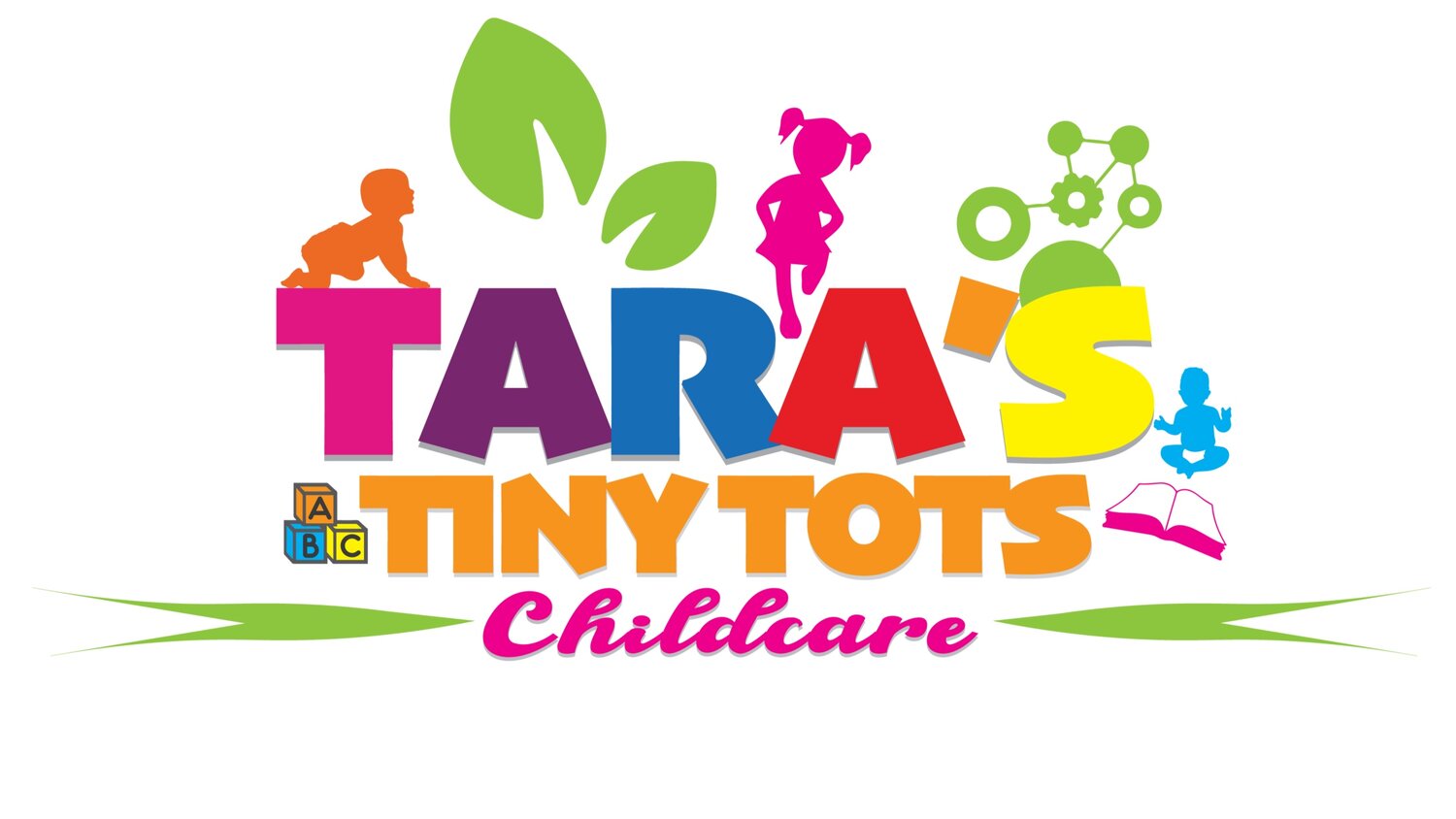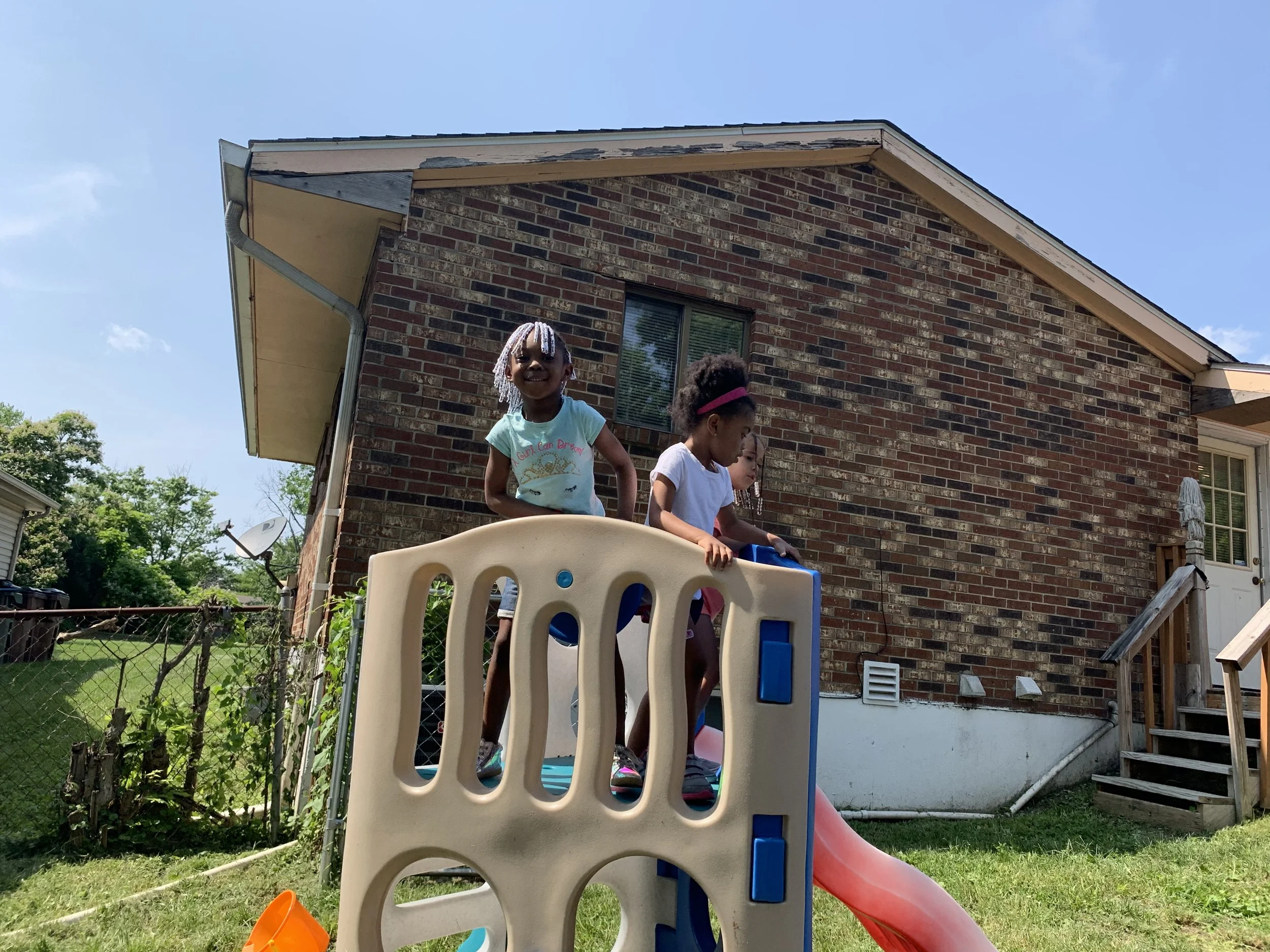Since going through the CDA program, I believe that children learn best through play. I believe this because it allows children to learn physical concepts associated with the five senses; touching, smelling, seeing, hearing and tasting. I’ve observed the children I care for in center develop social skills such as sharing, taking turns, negotiating, compromising and being leaders. With a lot of the activities they choose to play, they are able to use both fine and large muscles.
I use to believe that play was wasted time. Structured guidance and teaching is essential, however, I’ve learned since working with children, play is learning for them. It is actually time that children gain new knowledge from previous experiences. I believe deeply that all play is educational. Play is really the most important way that children learn about the world around them and provides the foundation for learning in their world.
My role as a Provider is to make sure that I have a positive attitude toward play, by encouraging it and providing a balance of indoor and outdoor play throughout the day. It is not to dominate or dictate the play, but to engage in play with them. I should always make sure to have enough toys, materials, and equipment in center. The choice of materials is important because it provides the motivation for children’s exploration and discovery. It is my responsibility to provide sufficient time for play (ie, blocks of time), help them have positive interactions with others, and provide feedback when they come to me with ideas. By observing children when they are using the materials in the center, it allows me to gather information about the child’s interests, abilities and strengths and opportunities for further learning and development that I can share with family. I continually encourage families to share their views about childbearing, guidance and self-regulation. My families are encouraged to become observers of their children as well. I believe that by building trusting relationships with children and family will allow for children to grow and develop within a happy healthy environment. My role also includes helping families identify resources in their homes, families, and community that will support the growth and development of their children.
Overall, I believe that my role with children and their families is to be able to provide them with a safe, healthy learning environment in order for promote the success of child and family. By always promoting a positive and productive relationship with families, will allow for children in my care to learn, grow, develop and take pride in their individuality. In doing this, it is my responsibility to continue to be an advocate for the needs of children and families, keep abreast of new laws and regulations that may affect child care, children and families and lastly continuing to gain knowledge about child development and early childhood best practices.

